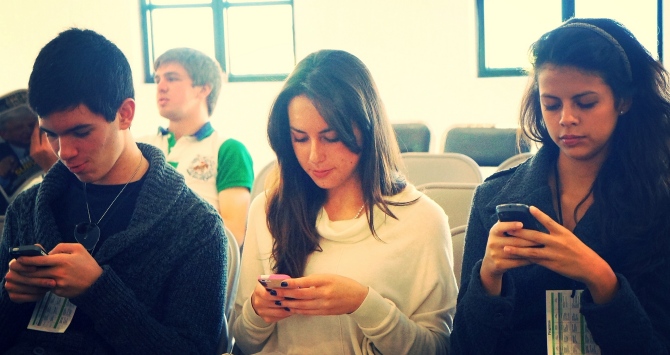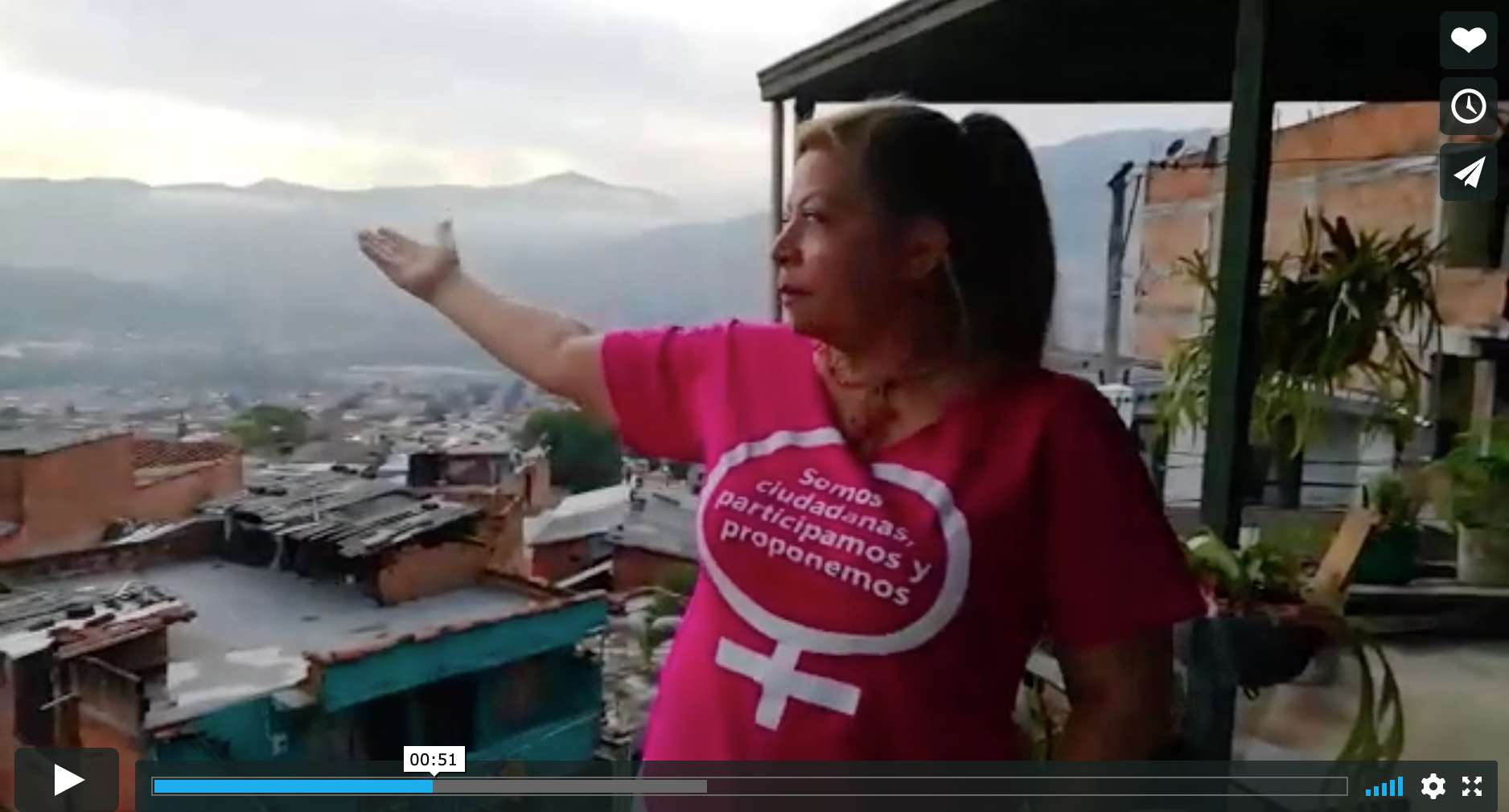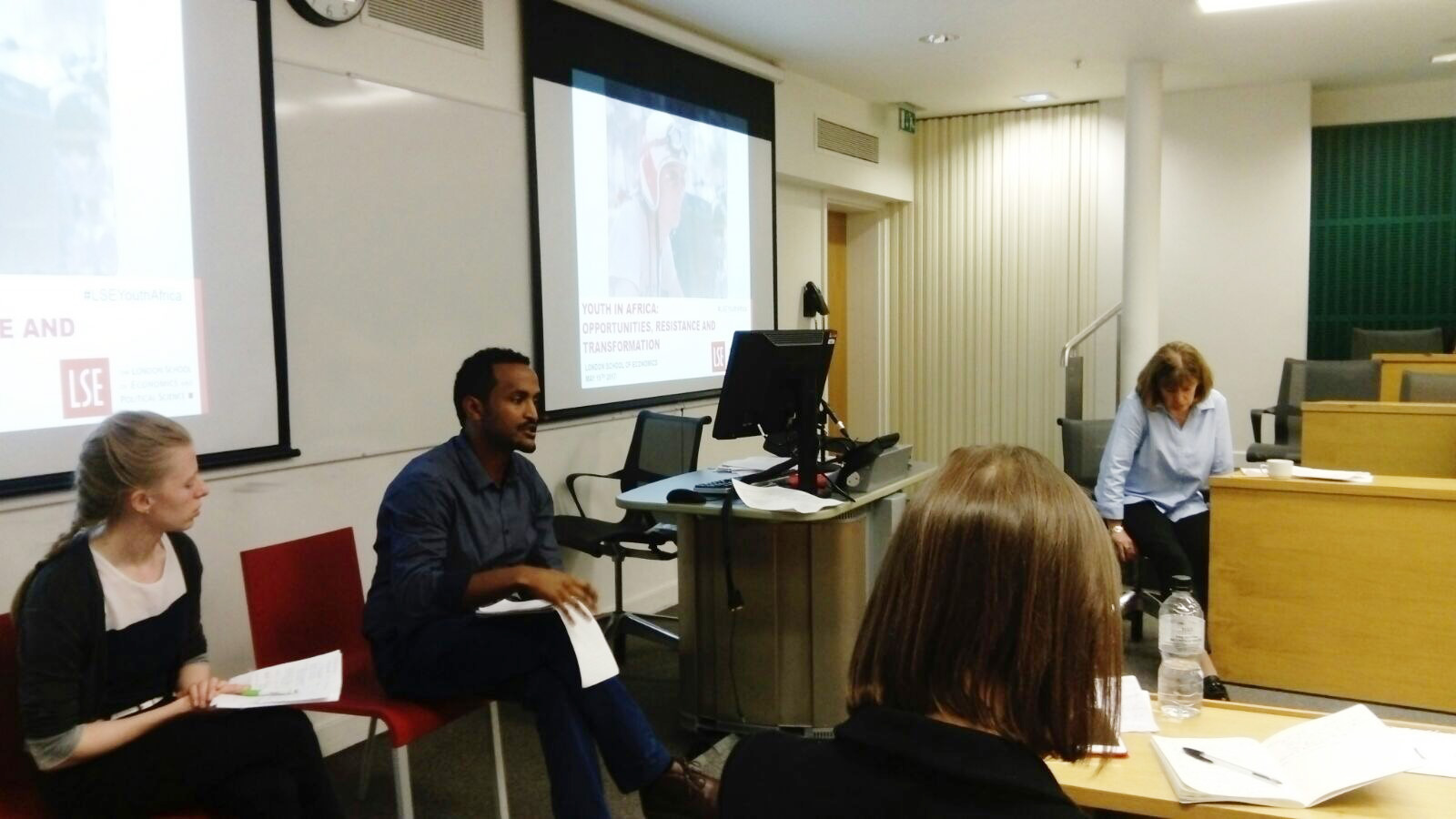Professor in Practice, Duncan Green, reached out to the alums of his Advocacy, Campaigning and Grassroots Activism course to find out what they were up to. He shares some responses below.
Teaching is weird. You engage on quite an intense level with each year’s cohort of students, and then they fly the nest, and you hear very little about what happens next. Still less whether their studies actually helped (I’m still trying to work out whether my Physics degree has been a help or hindrance in grappling with the complexities of development).
So just before Christmas, along with Tom Kirk (who co-teaches the course), I emailed 5 years-worth of alums of my ‘Advocacy, Campaigning and Grassroots Activism’ Masters module at LSE out of the blue and asked them to update me. Got some great replies. Here are a few:
– At the social movement end of the political spectrum, Tornike Kusianigot involved in organising the Tbilisi Pride festival last year (‘super dangerous‘ in Georgia) and was elected as a political Committee member of the Greens, a grassroots organisation. ‘My task was establishing a Green Political Party, which took so much energy, commitment, campaigning, resilience and leadership. But two months ago, we made it happen. Moreover, we officially announced that we strongly commit to feminism and queer values; we obtained video support from many European Parliament Members. Now we are committing to slowly grow the Green Party.’
– Meanwhile, Alice Nguyen Cao ended up at Extinction Rebellion, in its ‘Data Analysis & Insight department’ (who knew?). Her job: ‘designing and implementing an expert elicitation survey centred on the question “what next for XR?”’ (see this recent post on that).
– Some ended up in consultancies (the good kind, natch). Madeline Asta just started a new job in November working for Social Finance, a non-profit social impact consultancy, ‘where we work extensively on systems change and stakeholder engagement. While not a traditional advocacy or influencing role, I think through theories of change and work with charities to engage with government policy. I am currently working with a charity focused on addressing online violence against women and girls and supporting women to prevent sexual abuse and exploitation. Beyond these specific topics, one major thing I learned from your course is that change, especially systems change, takes time. I think a lot of us young students are passionate about change but underestimate how much work and time goes into creating lasting systems change.’
– Others are now working for big NGOs. Talia Calnek-Sugin ‘works for Sierra Club’s Federal Policy team, where I’m leading our federal advocacy (with the Biden Administration and Congress) to stop the rapid build-out of LNG export facilities along the US Gulf Coast, which are a huge threat to the climate and also terrible for the communities (mostly low-income communities of color) that live where the existing and proposed facilities would be located. Here’s a blog I wrote after a trip to the Gulf I took this past summer that gives a bit of a flavor of the work.’
– Becky Milon went to STOP THE TRAFFIK as Head of Consulting and Business Engagement ‘influencing businesses and financial institutions of all sizes to prioritise eradicating modern slavery and uphold their responsibility to protect the human rights of employees across the entirety of their supply chains.’
– Faith-based organizations (often an under-rated influence in social change) were another destination. Niklas Krakau has ‘been in the German Bundestag and Human Rights Committee lobbying against slavery and human trafficking with members all across of parliament. My main activism effort is currently through my elected honorary appointment of six years within the German Protestant Church for which I am currently trying to strengthen the ethically sustainable financial investment of all their assets.’
– As were trade unions. In the UK, Charlie Batchelor is working for the Fire Brigades Union’s education department, where he recently ‘developed our Dyslexia and Neurodiversity in the Workplace course (having been made aware – after 25 years – of my own dyslexia), which equips our Health & Safety reps with the knowledge and skills they need to advocate for the workplace rights of our neurodivergent members. Through educational courses like these, our reps can (and do) instigate meaningful change in their workplaces.’
– Finally, some are already on boards of charities. In Singapore, Valerie Yeo works as a consultant with PricewaterhouseCoopers, but is also a board member for a local charity in Singapore and we’ve been doing a lot of work surrounding raising awareness on mental health / wellness and suicide prevention.
Apart from being super impressed (but not surprised) at what they are already doing, (and looking forward to where they go in the future), I was struck by the range of contexts in which alums are applying systems thinking, stakeholder mapping, power analysis: from outsider protest movements, to insider influencing; from democracies to much more closed political spaces.
The replies also confirmed my suspicion that what is important in the course is not to drill students in particular techniques, but more encouraging a way of thinking and working (politically), and respect for the complexity of real life systems, without losing their drive to change things for the better.
They also came up with some great suggestions for improving the course, which Tom Kirk and I will try and address when the course kicks off later this month. Thanks everyone.
Oh, and just in case this comes across as extensive trumpet-blowing for the course, I am in no way claiming all the credit for any of this. Many of the students already have impressive track records as activists before they come to the LSE. What matters most is the chance to read, reflect and share experiences, before returning home to get stuck in. The old guy at the front/online banging away on powerpoint is the least of it!
The views expressed in this post are those of the author and in no way reflect those of the International Development LSE blog or the London School of Economics and Political Science.





